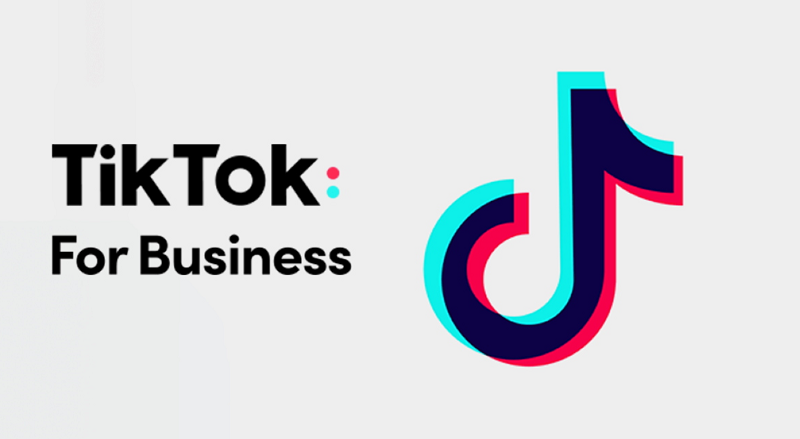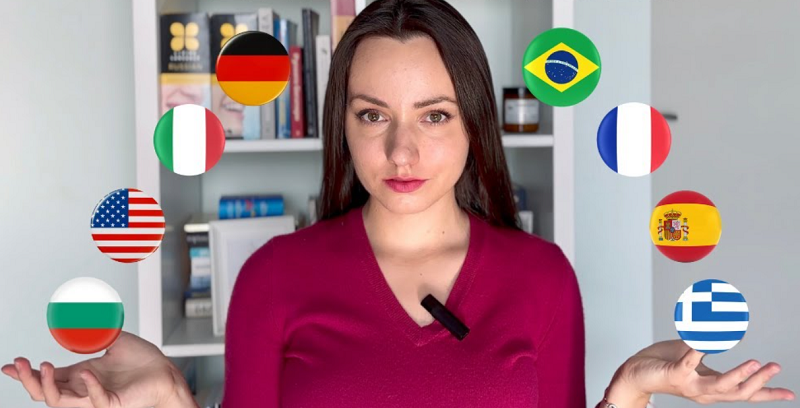TikTok, the wildly popular short-form video platform, has taken the social media world by storm. With millions of users worldwide sharing their creativity, talents, and funny moments, TikTok has become a hub for entertainment and self-expression. As users continue to create and share captivating content, questions often arise regarding the visibility of those who download their videos. In this article, we will explore whether it is possible to see who downloaded your TikTok video, the privacy implications, and the methods that TikTok employs to ensure user safety and content protection.
Understanding TikTok's Privacy Features:
TikTok provides several privacy settings that allow users to control who can interact with their content and profile. These settings include Public, Friends, and Private. When users set their accounts to Public, their videos are visible to anyone on the platform, and anyone can download them if they are not watermarked.
However, TikTok also offers options to restrict downloads and duets for videos. By toggling off the "Allow Download" and "Allow Duet" settings in the Privacy and Safety settings, users can limit the ability of others to download and collaborate on their videos. These settings offer an additional layer of protection for users who wish to control how their content is used and shared.
Can You See Who Downloaded Your TikTok Video?
TikTok, by design, does not provide a feature that allows content creators to see who downloaded their videos. When users upload content to the platform, it becomes part of the TikTok ecosystem, where other users can view, like, comment, and share the videos, subject to the account's privacy settings. However, TikTok does not disclose the identities of users who have downloaded a particular video, prioritizing user privacy and anonymity.
Privacy and Anonymity on TikTok:
TikTok places a strong emphasis on user privacy and data protection. By not revealing the identities of video downloaders, TikTok maintains a level of anonymity that fosters a safe and enjoyable environment for all users. This approach ensures that users can freely engage with content without concerns about their actions being traced or monitored.
Additionally, this privacy stance helps prevent potential harassment or unwanted attention directed towards creators. Without knowing who downloaded their videos, content creators can focus on their creative endeavors without unnecessary distractions or intrusions.
Content Protection and Copyright:
TikTok also takes content protection and copyright seriously. By allowing users to set their accounts to private or restrict downloads, TikTok empowers creators to maintain control over their content and ensure that it is not used without permission. This approach helps safeguard against unauthorized use or reposting of content, providing users with greater peace of mind and protection over their intellectual property.
It is crucial for users to respect copyright laws and the intellectual property rights of others. Downloading and reposting someone else's TikTok video without proper authorization can lead to legal consequences and potential account suspension. Upholding ethical practices in content sharing fosters a more responsible and respectful TikTok community.
Third-Party Apps and Websites:
Despite TikTok's efforts to protect content and user privacy, there are third-party apps and websites that claim to offer the ability to download TikTok videos, even those with watermarks. These apps often exploit loopholes in TikTok's security measures or use scraping techniques to retrieve videos from the platform. However, it is essential to exercise caution when using such apps as they may violate TikTok's terms of service and put user privacy at risk.
Moreover, some third-party apps may inject unwanted ads, malware, or require personal information, compromising user safety. To safeguard privacy and protect content, it is recommended to rely on official TikTok features or authorized methods for video sharing and downloading.
In the ever-evolving landscape of social media, TikTok has emerged as a powerhouse for creative expression and entertainment. As users continue to share their content on the platform, questions about video downloads and user visibility often arise. TikTok maintains a strong focus on user privacy, safeguarding creators' identities by not disclosing who downloaded their videos. This approach ensures a safe and respectful environment, where users can freely engage with content without fear of intrusion or harassment.
By empowering users with privacy settings and content protection measures, TikTok allows creators to maintain control over their content and intellectual property. While third-party apps and websites may offer downloading capabilities, it is essential to exercise caution and prioritize safety, adhering to TikTok's terms of service and ethical content sharing practices. As TikTok continues to evolve, the platform remains committed to fostering a vibrant and secure community for users to express themselves and share their creativity with the world.





